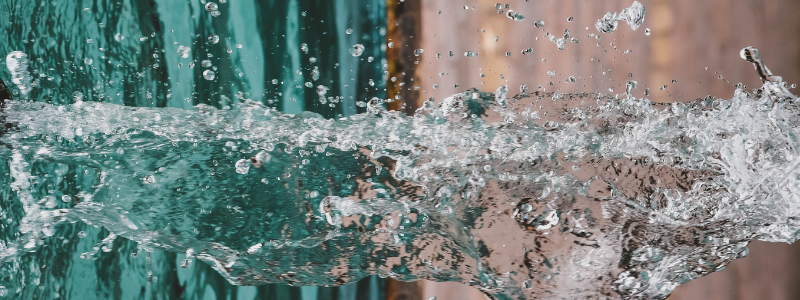Measuring Hydration and Staying Hydrated

How do I stay well hydrated?
Small, regular sips of cool (but not too cold) fluid has been shown to be the most effective way to hydrate. This is because water that is too hot or too cold will slow down your ability to drink and people tend to drink in smaller amounts. Small, regular moutfulls are more effective than drinking large amounts in a short time.
A good rule of thumb for appropriate hydration is to consume 30-35ml per kg of body weight of water per day. This is BEFORE any exercise. When you add exercise to your day you need to increase your hydration practices to account for the fluids lost in sweat.
Start early! Have a drink of water beside your bed so you can drink during the night if you happen to wake, but also make it a first priority in the morning. Aim to drink 1-2 glasses of water when you wake to get the day started well.
A simple fluid balance test pre and post training or games can give you a good indication of how much fluid you need to replace post exercise.
To do this simply weigh yourself before exercise, then weigh yourself after exercise. Any mass lost is mostly due to fluids. This change weight change can give you an idea of how much fluid you should replace. As we can’t absorb 100% of the fluids we consume, especially if we drink large volumes in a short time – hello toilet stops), the recommendation is to replace 150% of the volume you lost. Below is an example.
Weight before exercise
70kg
Weight after exercise
69kg
Result
1kg loss in mass. This means about 1.5L need to be consumed in the coming hour or two to replace fluids lost.
What is the difference between an electrolyte supplement and sports drinks?
When we sweat, we lose both fluids and electrolytes. Some athletes might require additional electrolytes such as sodium and potassium, to assist with re-hydration.
Sodium in particular, is helpful to assist with fluid retention. When larger volumes of fluid are needing to be replaced, including some additional sodium via electrolyte supplements or by including foods containing salt (bread, cereal, milk, crackers, pretzles, popcorn, vegemite, adding salt to meals), will help keep more fluid in the cells of your body (and a little less ending up in the toilet 😊).
Sports drinks also contain electrolytes (sodium and potassium), but in addition, contain carbohydrates. Sports drinks can be useful when fluid, electrolyte AND fuel for energy are required. Sports Drinks therefore might be used before exercise if it has been a long time since a meal or a snack, during longer exercise sessions, where performance might be improved by additional fuel, or finally, after training or games to assist with re-hydration and re-fuelling. For more effective and rapid hydration electrolytes supplements can be added into sports drinks.
How will I know when to use an electrolyte supplement or sports drink?
Hydration Tool
Water
Electrolyte Supple-
ment
Sports drinks
When?
Everyday, and increasing volume in the lead up to exercise and during training and games. n.
During training or games in hot and humid conditions of 1.5hrs+ in to prevent large losses of fluid volume.
Before, during and after training or games to fuel and recover.
How?
Sipping regularly – working on 30-35ml per kg of body weight as a base and adding more to replace losses when exercising
Mix as per instructions.
Mix as per instructions or use pre made, ready to drink varieties.
